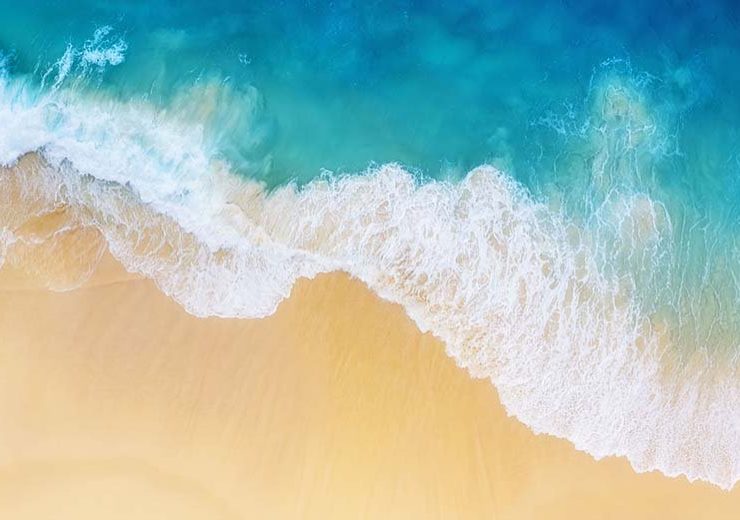The facility will be used to manage the waste collection, segregation and recycling processes at the municipalities of Lekok and Nguling in Pasuruan

Nestlé, Project Stop secure government support to establish material recovery facility in Indonesia. (Credit: Nestlé)
Nestlé and Project Stop have received a nod from the regional government of Pasuruan in East Java, Indonesia to build a material recovery facility to create a sustainable waste management system for communities in the area.
According to Nestlé, at present only 9% of people in Pasuruan have access to the waste management services, of which 1% of waste is responsibly managed.
The facility will be used to manage the waste collection, segregation and recycling processes at the municipalities of Lekok and Nguling in Pasuruan. It is also expected to help reduce ocean plastic pollution in coastal areas of Indonesia.
Project Stop aims to prevent marine plastic pollution in Southeast Asia
Established in 2017 by Borealis and SYSTEMIQ, Project Stop is an initiative that aims to design, implement and scale circular economy solutions to prevent marine plastic pollution in Southeast Asia. Nestlé has said that that it is the first food and beverage company to join the initiative.
Nestlé’s sustainable packaging global head Véronique Cremades-Mathis said: “The establishment of the Material Recovery Facility is an important milestone to ensure the implementation of a comprehensive, community-based waste management system.
“We want to build awareness, inspire action and champion innovation in addressing the global issue of plastic waste. This project is an example of how we endeavour to make a real difference that is benefiting people in the communities where we operate in.”
Last year, Borealis and SYSTEMIQ along with other partners and with the regional government support have launched the city partnership with a focus on Lekok and Nguling municipalities.
The initiative aims to create a sustainable, low-cost waste management system that will increase collection rates and prevent ocean plastics leakage.
Nestlé stated that Project STOP team in Pasuruan conducted a baseline study that covers social mapping, recycling infrastructure mapping, waste characterisation and governance study.
In September last year, the Alliance to End Plastic Waste (AEPW) has joined Project STOP to increase the development of more sustainable and circular waste management systems in Indonesia.
